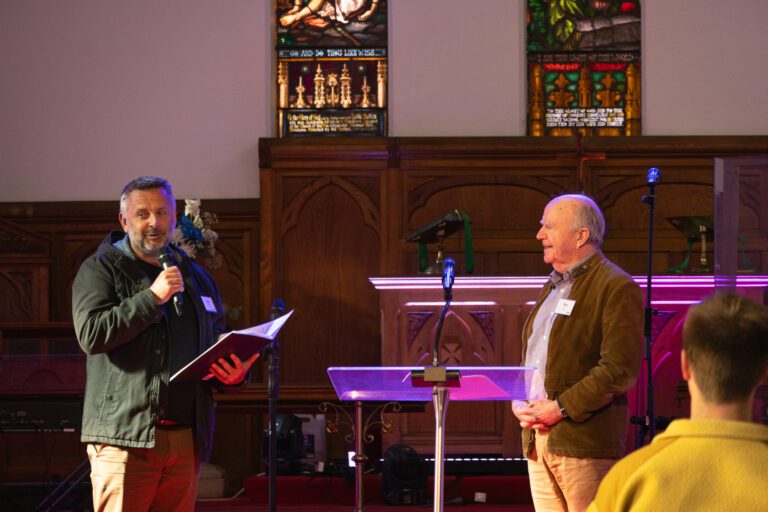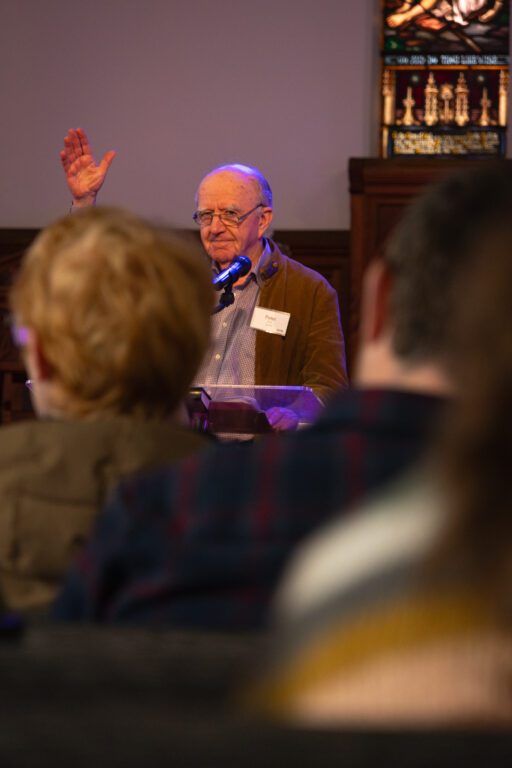“The Lord’s Prayer challenges all our praying, and should form and enrich all our praying!”- Peter Adam
The annual MTS Leaders’ Training Day was held at Park Road Anglican Church in Carlton, a suburb in the South of Sydney. The annual training event is for MTS Apprentices and their Trainers. This year the focus of the day was on the ‘Lord’s Prayer: Lord, teach us to pray.’ Peter Adam, a humble servant of Jesus, faithfully helped us to consider The Lord’s Prayer and what it has to teach us about how we should pray.

Reverend Dr Peter Adam was formerly the Vicar of St Jude’s Carlton in Melbourne. Peter now serves at St Jude’s in the role of Vicar Emeritus, an honorary role that allows him to continue teaching and preaching within the church. Peter was born in Melbourne and has various theological and ministry qualifications from both Australia and England. He has also spoken at preaching and training conferences and Bible and missionary conventions throughout Australia, England, Scotland, Ireland, Northern Ireland, Switzerland, New Zealand, Singapore, India, Pakistan, Sri Lanka, Canada and the USA, as well as having written a number of books, booklets, articles and chapters.
Talk 1 – The Lord’s Prayer (Part One)
Peter opened his session by speaking about the topic of prayer in the lives of Christians and its place within a church context.
“The strongest influence on every individual Christian is the church they belong to or the ministry you’re involved in. If you’re in a prayerless church then the prayer warriors will get discouraged and the new Christians will get discouraged thinking prayerlessness is the normal way to live the Christian life,” he shared.
“But if God be praised…” he continued, “… that you have a prayerful church or a prayerful ministry then everyone’s prayers will be lifted and encouraged.”
Peter then went on to share three main points of note, when thinking about The Lord’s Prayer.
- This is a prayer to pray, and also a pattern for our prayers of request.
- Jesus taught this prayer before he inaugurated the new covenant by his death, resurrection, ascension, and the sending of the Holy Spirit. It is not a fully New Testament prayer.
- This prayer, taught by Christ, was fulfilled in Christ in his atoning death, resurrection, ascension, his being seated at the right hand of the Father, his sending the Spirit, and his reign; and will be finally fulfilled at his coming again.
Peter went on to explain the first few verses of The Lord’s Prayer, ending the first session halfway through the prayer.
Talk 2 – The Lord’s Prayer (Part Two)
For Peter’s second talk, he picked up where he left off and began talking once again about the significance of The Lord’s Prayer.
Peter reminded us that in different parts of the world, the Lord’s prayer isn’t spoken in some kind of liturgical way… They are prayed for in earnest. Peter put a challenge out to those listening and asked whether anyone had prayed the prayer asking for daily bread, outside of saying it within The Lord’s Prayer.
“Some people around the world pray that prayer everyday because they live from day to day and they know that they depend on God’s gift of food and water day by day. Wealthy Christians in the West don’t need to pray ‘give us today our daily bread’ because our cupboards are full and our shops are full. We may say thank you to God for our daily food but not ask him for it because we don’t need to ask him,” he explained.
Peter continued, “No, that isn’t true – we do need to ask Him, because Jesus told us to ask Him for our daily food”.
Peter ended the second session by stating, “The Lord’s Prayer challenges all our praying, and should form and enrich all our praying!”
Talk 3 – Bible-enriched Prayers
Peter’s final talk of the day was focused on Bible-enriched prayers. He noted, “The Bible should not only shape our faith and our lives, but also our praying. The Bible reveals the God to whom we pray, shows us how to pray, and also gives us words to enrich our prayers”.
Peter went on to talk about the Apostle Paul, saying his prayers weren’t just him asking for things, but it was a mixture of asking and thankfulness.
“To focus on personal relational prayer with God in the Bible, I just read through the Psalms and find out what the writers of the Psalms said to God,” he explained.
He continued by listing the different themes that came up in the Psalms that people had been praying for and speaking to God about. This list included; trust, love and desire, God’s word, praise and thanks, declaring the character and Glory of God, complaint and protest, protection, confession of sin, great need and exhorting yourself to pray.
The main point that Peter wanted to drive home is that prayer is relational, and talking to God rather than centring prayer around a list of what to ask for is important. In the notes provided Peter wrote a conclusion which reads “We all need to learn to have relational conversations with God. This includes listening to God and talking to God: listening to God’s words through the Bible, and talking to him about our relationship with him”.
Want to hear more of what Peter Adam had to say on The Lord’s Prayer and praying Bible-enriched prayers?
➡️ All of the talks and seminars from the MTS Leaders’ Training Day were recorded and uploaded to YouTube, you can find them at this link.

